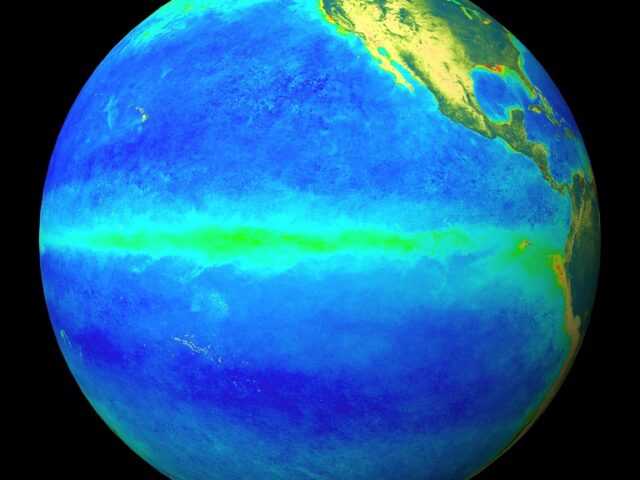MELBOURNE, Australia — The tropical Pacific continues to meet some, but not all, El Niño criteria, while a positive Indian Ocean Dipole (IOD) persists in the Indian Ocean, reports the Australian Government Bureau of Meteorology (BOM). The Bureau’s ENSO Outlook remains at El Niño ALERT, meaning there is at least a 70% chance of El Niño fully forming in 2018.
Sea surface temperatures in the tropical Pacific Ocean now exceed El Niño thresholds. However, atmospheric indicators—such as trade winds, cloudiness, pressure patterns and the Southern Oscillation Index (SOI)—have yet to show consistent or sustained signs of El Niño.
This clearly indicates that the tropical ocean and atmosphere are not currently reinforcing each other and remain ‘uncoupled’. This coupling is required to not only fully develop and sustain an El Niño but is what drives widespread Australian and global weather and climate impacts.
International climate models predict sea surface temperatures to remain above El Niño levels in the coming months. By February, two of the eight surveyed models dip just below El Niño thresholds. El Niño effects in Australia over summer typically include higher fire risk, greater chance of heatwaves, and fewer tropical cyclones.
The positive IOD event, which began in early September, persists. However, model outlooks suggest it will decay by early summer, consistent with its natural decay cycle. A positive IOD during spring typically increases the chance of below-average rainfall for southern and central Australia. The IOD typically has little influence on Australian climate from December to April.


















